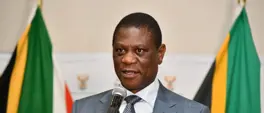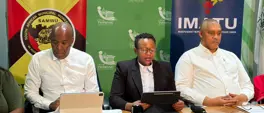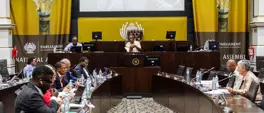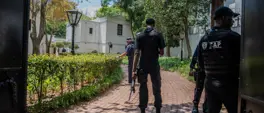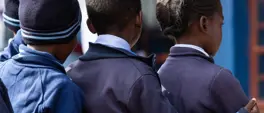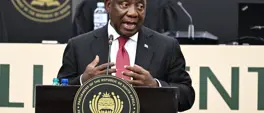28 million of us receive them: What you need to know about social grants
Sara-Jayne Makwala King
20 November 2025 | 7:16Prof Kitty Malherbe from the Faculty of Law at the University of the Western Cape explain who qualifies, what protections beneficiaries have, and how the Constitution safeguards access to social support.
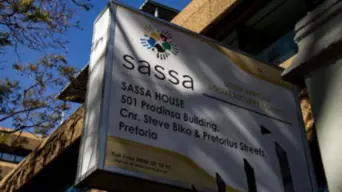
A South African Social Security Agency office in Pretoria. Picture: Kayleen Morgan/Eyewitness News
In a country where millions depend on social grants to meet their most basic needs, understanding the law behind these lifelines becomes a matter of dignity for society’s most vulnerable.
- Who qualifies for a grant, and who is left out?
- What rights do South Africans hold when navigating applications, delays, suspensions, or rejections?
As SASSA struggles with backlogs and payment disruptions, many are left wondering what recourse beneficiaries have and what obligations the state carries when these commitments fall short.
Prof Kitty Malherbe from the Faculty of Law at the University of the Western Cape explains who is eligible for a grant.
"You have to reside within South Africa and you have to be a South African citizen to get a grant," she says, adding that the concept of citizenship has been broadened through the courts to include permanent residents and refugees.
Malherbe says those applying for any of the government's grants will be subjected to a means test.
"Which means if your income is above a particular threshold, you cannot get the grant. Independent income counts against you."
The threshold amount, she explains, differs from grant to grant.
The right to have access to social security is recognised as a human right under Section 27 of the Constitution. It includes appropriate social assistance to those who are unable to support themselves and their dependents.
Malherbe says the wording of the section is very intentional.
"Being able to access it, getting that payment, when the Constitution was drafted, that particular phrase, access to social security, was inserted, and that has been crucial for vulnerable people in the country."
More than 28 million South Africans receive grant payments in some form, up from 5.8 million in 2003.
To listen to Malherbe in conversation with CapeTalk's Clarence Ford, click below:
Get the whole picture 💡
Take a look at the topic timeline for all related articles.
